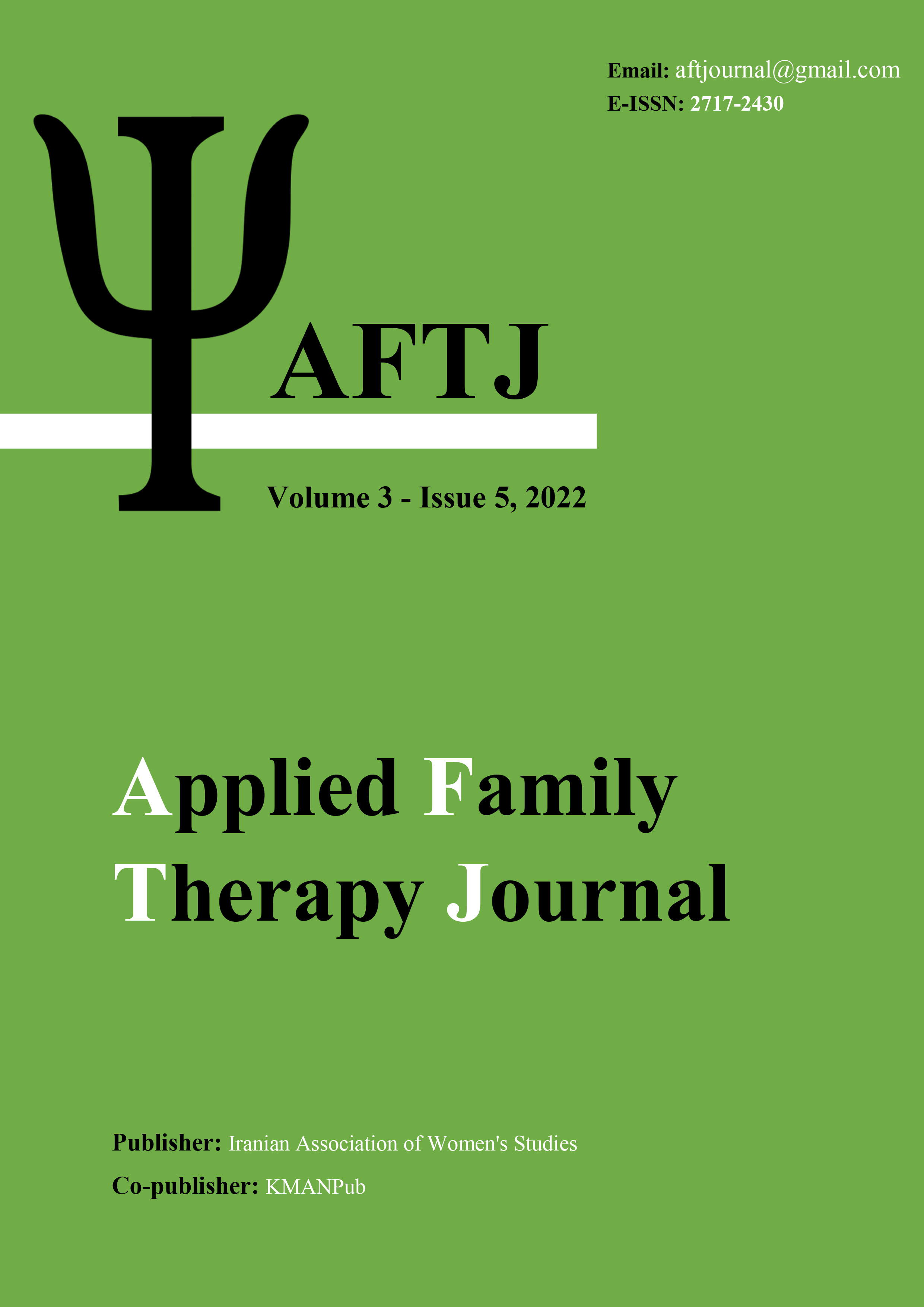Effectiveness of Group Cognitive Behavioral therapy on Resilience and Emotion Regulation in Obese Women of Amol City
Keywords:
Cognitive Behavioral Therapy, Resilience, Emotion Regulation, obesityAbstract
Aim: This study aimed to determine the effectiveness of cognitive behavioral group therapy on resilience and emotion regulation in obese women of Amol City. Methods: The present study was quasi-experimental with experimental and control groups and pretest-posttest design with one-month follow-up. The statistical population of the study was 200 obese women who had referred to one of the psychological centers for psychological treatment. 50 people were purposefully selected as a sample and randomly assigned to two groups of 25 experimental and control. Data were collected using the Connor & Davison (2003) Resilience Questionnaire and the Garnefski & Kraaij (2006) Emotion Regulation Questionnaire. The experimental group underwent 10 sessions of 90-minute cognitive-behavioral therapy by Wright, Brown, Thase, Basco(2017). Then both groups were evaluated in three stages of pre-test, post-test, and follow-up by Resilience and Emotion Regulation questionnaires. Data were analyzed using repeated measures mixed variance analysis in SPSS-21 software. Results: The results showed the effect of cognitive-behavioral therapy on the Resilience (P=4.37, F = 0.019), emotion regulation (P=0.005, F = 5.92) in the post-test stage and the stability of this effect was in the follow-up stage. Conclusions: Based on the results, it seems that cognitive-behavioral group therapy is effective in increasing resilience and emotion regulation in women. Therefore, it is recommended that psychotherapists, along with other psychological and social Actions, use this treatment to increase resilience and emotion regulation of obese women.
Downloads
Downloads
Published
Issue
Section
License

This work is licensed under a Creative Commons Attribution-NonCommercial 4.0 International License.





















